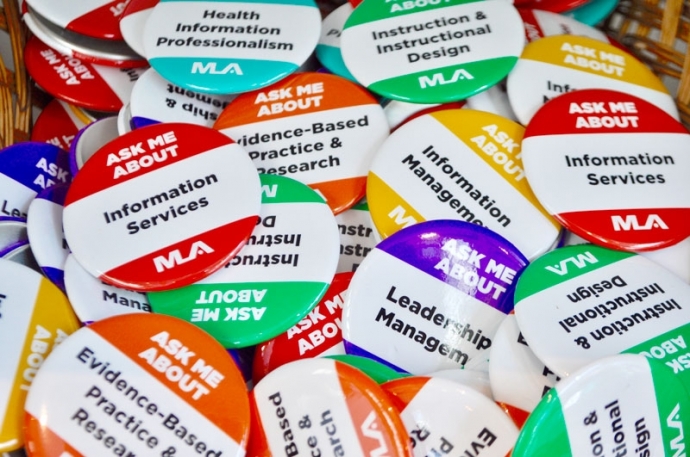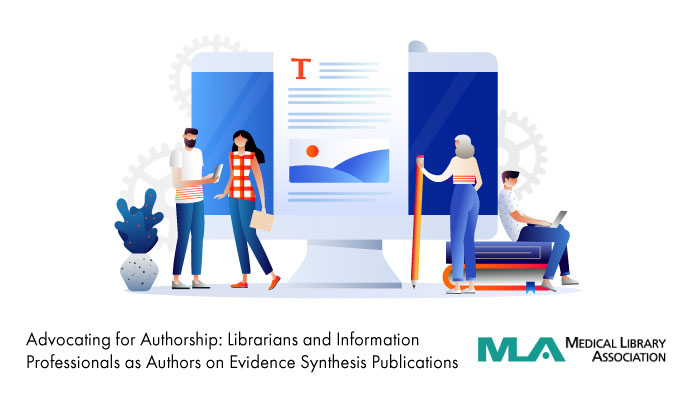What do health information professionals do? The list of activities is long and varied and depends on specific job responsibilities. But what fundamental skill set do all health information professionals have in common? In 2015, the MLA Board convened a task force to answer this question. In 2017, the board approved and MLA published the task force’s answer: the 2017 MLA Competencies for Lifelong Learning and Professional Success.
The task force had lots to go on: previous competency statements, results of an open forum at MLA ’15, an online survey of the membership, review by MLA leaders, and solicited input from selected educators and practitioners.
Revisions to professional core competencies reflect the evolution of professional practice. At the beginning of my career, I was “Google” at a reference desk—certainly more authoritative but with fewer resources. Years later, I spent most of my time teaching evidence-based practice and informatics. Along the way, I managed learning resource centers. I needed to acquire the skills to become a competent educator and technology expert as the practice of the profession and my career evolved.
And that is the purpose of professional competency statements: to make explicit the measurable skills that constitute current and foreseeable future practice. Competency statements are a useful tool for professional development. You are encouraged to take the free Competencies Self-Assessment hosted on MLA’s new online education portal, MEDLIB-ED. The results will help you plan your professional development and help MLA plan its professional development activities.
Under each competency statement are performance indicators that further explain a competency’s scope and meaning. In the self-assessment, you are asked to rate your skill as either Basic or Expert; no room for hedging! While you may not consider yourself an expert when you think of your more expert colleagues, you are—or should aspire to be—an expert compared to people outside the field. Where you need expertise, you can look to MLA. Guess I need to sign up for a data management webinar!





